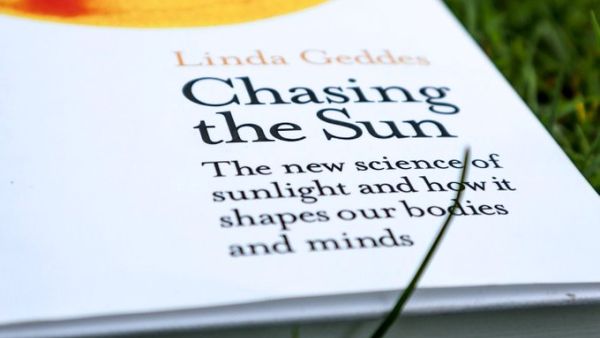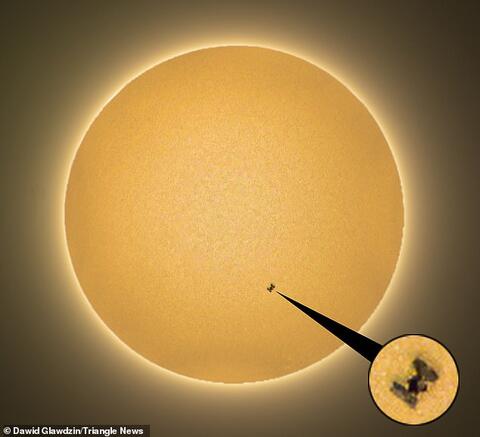By Ewelina Lepionko
Since the dawn of time, humans have worshipped the sun. And with good reason. Our biology is set up to work in partnership with the sun.
From our sleep cycles to our immune systems and our mental health, access to sunlight is crucial for living a happy and fulfilling life.
I am writing this when we have a typical, sunny day. I am typing staring at the computer screen.
Heffers' science highlights - Chasing the Sun. Linda Geddes uses cutting edge science to argue that access to sunlight is crucial for living a happy & fulfilling life. An apt & insightful read, as we look forward to #spring & increased hours of #sunlight. #science @ProfileBooks pic.twitter.com/GswjVrxTmJ
— Heffers Bookshop (@heffersbookshop) January 29, 2019
I am writing about a book that explains why we don't like November, why the sun is killing us, and the lack of it makes us depressed. About a book that helps you take your eyes off the glass screen to look at the sky.
“It all began with, ‘let there be light…’” (Linda Geddes, Chasing the Sun)
— Phos_London (@PhosLondon) April 29, 2020
Join Dr Shelley James and the #LightTribe team as they study the importance of light in connecting us to the texture and surfaces of objects. https://t.co/CHgQtF8CT6 #tagyourtribe #poweroflight pic.twitter.com/RCoPq4hBn5
Chasing the Sun is a story about a star that gives rise to everything. It is an interesting, brilliant and full of anecdotes compendium, therefore very far from the idea of a popular science book full of theory and dry facts.
Linda Geddes takes us on a truly sunny journey. Together with Geddes - an award-winning writer and popular science journalist for the New Scientist magazine - we will travel to antiquity to attend solstice ceremonies and to the International Space Station, where she is researching sleep.
As the author herself says, she wrote this book to help readers understand how the biological clock works and suggest how to improve sleep quality and your productivity. She also wanted to use it to show the positive effect of sunlight on our health and explain how to use it in a rational way.
Amazon and Fantastic Reads are promoting 'Chasing the Sun' as a feel-good book for 2021 summer.
BOOK CLUB:
— Wellcome Collection Shop (@ShopWellcome) February 26, 2019
Join us this Thursday from 18:00 in the Reading Room for a discussion inspired by Linda Geddes's CHASING THE SUN. pic.twitter.com/PaOISPgXVo
Technology has given us the freedom to overrule nature – not just on light, but on energy and the seasonality of foods, the distance we can travel in a day, and a hundred other examples.
Much of this is liberating progress, but the ability to do something doesn’t mean it should be done, and technology can trick us into thinking we know better than nature.
Linda Geddes is an author and journalist specializing in biology, medicine, and technology. Born in Cambridge, she graduated from Liverpool University with a first-class degree in Cell Biology. She has received numerous awards for her journalism, including the Association of British Science Writers’ award for Best Investigative Journalism, European School of Oncology’s Best Cancer Reporter, The Endocrine Society’s Health Writer of the Year, and BT’s Information Security Journalist of the Year. She was also shortlisted for the Paul Foot Award in 2011 and the Press and Periodicals Association’s Writer of the Year award in 2009 and 2011.









